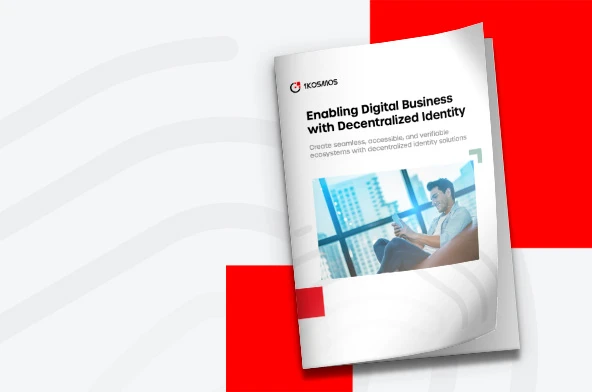Blockchain In The Financial Sector (A Banking Use Case)
A standout amongst the most discussed themes in the banking industry today is blockchain in finance sector. On the off chance that completely received, it will empower banks to process payments all the more rapidly and all the more precisely while lessening transaction costs and the prerequisite for special cases.
In any case, to gain by this potential, banks need to fabricate the framework required to make and work a genuine worldwide system utilizing arrangements in light of this transformative innovation. Our survey found that blockchain in finance sector is, indeed, top of mind among banking executives who lead payments businesses. Perhaps most critically, the survey revealed what executives believe must happen for blockchain to gain prominence globally.
Blockchain in finance sector can possibly help the banks by enabling them to make their own particular budgetary options in a productive, straightforward and adaptable way. One of the greatest difficulties banks confront when endeavouring to serve the unbanked is that a large number of them don’t have clear recognizing data, making it hard to execute.
A veteran developer in the digital money world predicts its innovation will change worldwide payments, stocks and fundraising exchanges sooner rather than later.
Presently, banks execute with each other by signing agreements, as one would when acquiring a thing from a store. A typical case would be a bank consenting to buy a particular measure of stock at a particular money cost from another. This procedure, frequently unwieldy and moderate, takes up to a few days and acquires the hazard that one gathering may default or deny on the accepted terms. This timeframe, known as settlement, is such an issue, to the point that an Oliver Wyman report recognized it as costing the banking business somewhere in the range of $65-$80 billion a year.
Blockchain ventures can possibly decrease, and perhaps take out, settlement times because of their advanced nature, guaranteeing the auspicious and secure preparing of these activities. Different utilizations for bank-sponsored blockchain activities would incorporate secured worldwide money conversion standard speeds and expanded exchange security, among different advantages, in the end considering a redesign of banking and financial industry, changing customary back-office clearinghouses and other obsolete mediums that exist between resource merchants and purchasers.
To see how blockchain in finance sector will alter the bank and fund industry, you first need to see how it functions. For better understanding, you can consider blockchain a scientific model for preparing, securing, and concluding exchanges/ transactions. Normally, banks process huge amounts of exchanges every day. Which is precisely why it will probably be one of the enterprises to change the most from this best in class tech?
The blockchain procedure is extremely very basic. In the first place, somebody requests to make an exchange more often utilizing digital currency. When they do, PCs, or “hubs,” bounce to work processing the exchange. At the point when the hubs are done, blockchain confirms the exchange, gives it a novel address, finishes it, and spots it as another square inside the block of existing pieces.
At last, there are two essential reasons that blockchain innovation will reform the managing an account industry in the following decade. It’s far more affordable. Exchanges are fundamentally quicker.
It will not take much longer to banks adopting blockchain in finance sector. The market is competitive and to survive in the competition you need to be ahead of your rivals.
